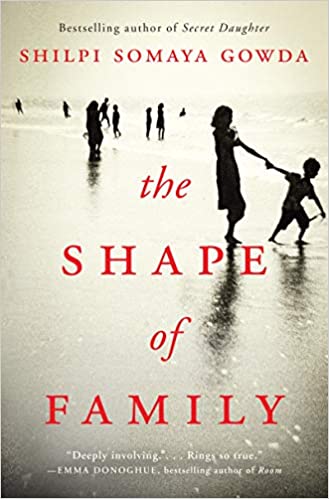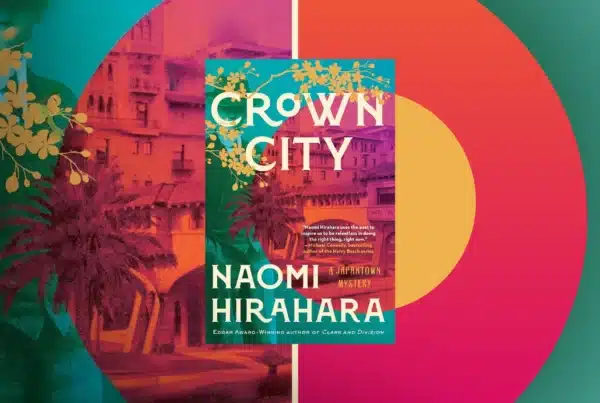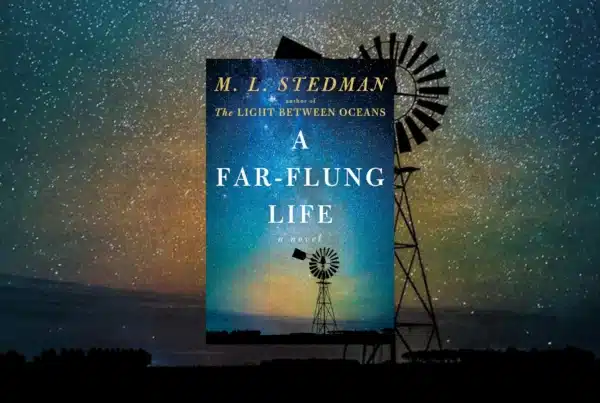The Shape of Family by Shilpi Somaya Gowda
What brings a person to join a cult? What conversations does she have with herself before she cuts ties with her old life and steps into what she believes is a world that promises acceptance, love, security and fresh vegetables? In The Shape of Family (William Morrow), Shilpi Somaya Gowda invites us to experience that journey.
Gowda has looked at family before in her previous novels Secret Daughter and The Golden Son. This novel, while telling us the story of a closely-knit family of four, includes another kind of family, a commune that calls itself The Sanctuary.
A NARRATIVE BUILT ON UNDERSTANDING FAMILY
Gowda carefully assembles the narrative in pieces, each chapter told by a different member of the Olander family: Jaya, the cultured daughter of an Indian diplomat and her banker husband Keith; Prem, their young son; and Karina, his older sister and the character who drives most of the book’s action.
It’s Karina’s presence or, sadly, the lack of it for a crucial two hours near the beginning of the book, that pulls the stories of her family members together even as they pull apart — away from an inconceivably tragic loss. It’s Karina who forever alters the lives of The Sanctuary’s members, although she hadn’t intended to, and makes the richest discoveries about the power of love.
But for the majority of the book, Karina exists in an emotional maelstrom, invisible to those who love her. We readers can see it, though, and we hurt along with her, powerless to help, eager for the next chapter written from her point of view.
Readers will appreciate the welcoming energy of the young members of the commune as much as Karina does, almost forgetting what Karina left behind at home: her devastated mother Jaya, her wounded father Keith and the energy of her beloved brother, whose chapters ache with loneliness.
COMPLEXITIES OF LIFE WEAVE INTO IDEALISTIC VIEWS
The Shape of Family is about so much more than family. It’s about a father’s efforts to provide for his family and a grieving mother’s search for healing. It’s about the idealistic efforts of young people who believe in their cause, the poignancy of young love and betrayal and the confusion of those teenage years. Gowda weaves all these together into a moving story that reflects the trials of families everywhere.
Although born in Canada herself, Gowda’s parents emigrated from Mumbai, so Gowda comes to her craft armed with the richness of her Indian heritage. In The Shape of Family, Karina’s mother Jaya learns to depend on Hindu gods and goddesses to soothe her. Karina has a more destructive way to remind herself that she is not dead inside.
As Karina elbows her way through loss, guilt and indecision, the people around her find ways to navigate their own rabbit holes. The result is a rich and engrossing novel about normal people trying to live their lives — sometimes with devastating results. It’s a book that offers both sadness and hope.
RELATED READS
Find out what Jennifer Blankfein thought of this book at BookNationByJen





